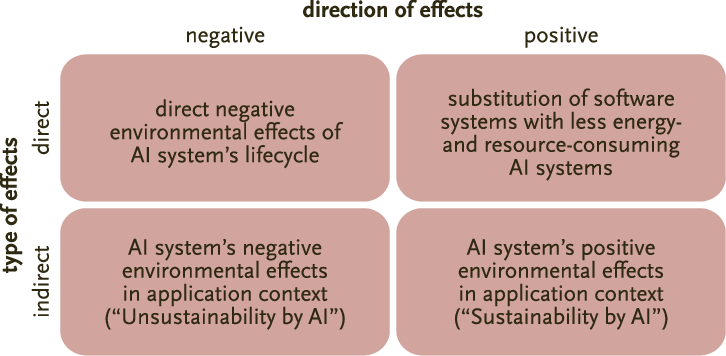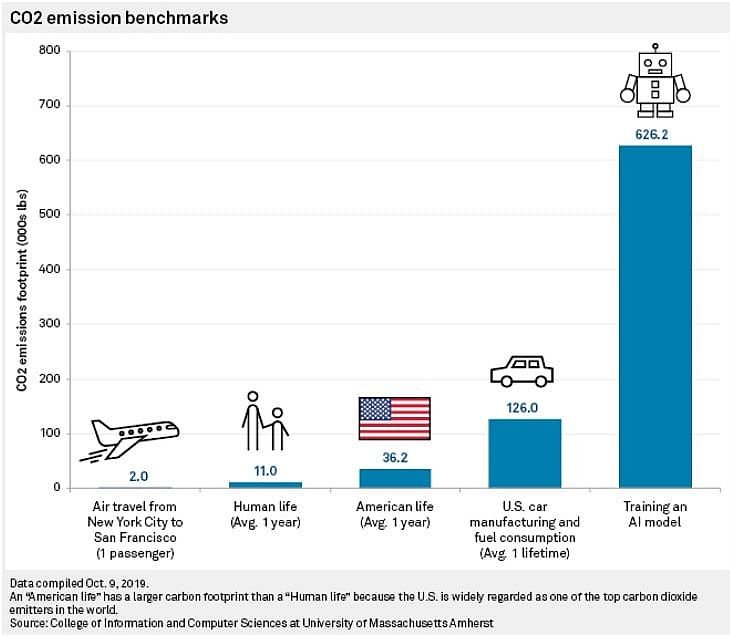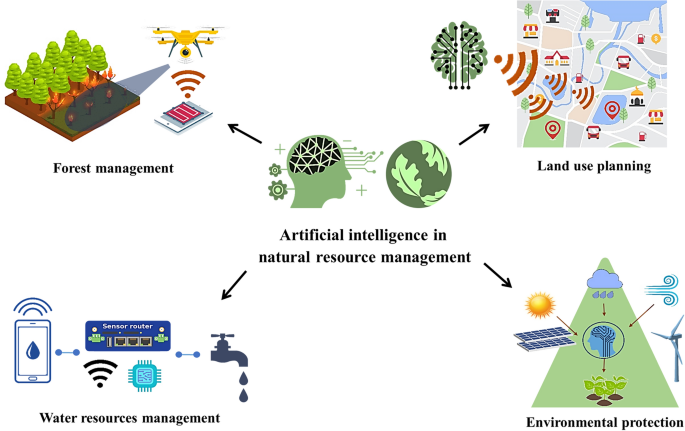Artificial intelligence (AI) is rapidly transforming our world, offering solutions to some of humanity’s most pressing challenges. However, alongside its undeniable benefits, AI also carries a potential environmental burden. In this article we are exploring the environmental impact of AI and are also proposing solutions for a more sustainable future.

E-waste Explosion: AI systems rely on complex hardware and software, raising concerns about electronic waste (e-waste) disposal. A single AI model’s training can generate up to 284,000 liters of water – equivalent to an individual’s consumption over 27 years. Proper e-waste management and the development of more sustainable hardware are crucial to mitigating this growing issue.
Energy Drain: Unveiling valuable insights often comes at an energy cost. AI systems, especially those requiring continuous operation, can have a significant energy footprint. The carbon emissions from powering these systems can be substantial, particularly if they don’t utilize renewable energy sources.

Data Storage Dilemma: AI thrives on data, and data storage necessitates energy-intensive data centers. The constant cooling required for these facilities contributes to the overall environmental impact.
Misguided Actions: AI algorithms, while adept at specific tasks, lack human judgment. An AI miscalculation regarding a natural disaster’s impact could lead to resource misallocation and hinder relief efforts.
Building a Sustainable Future with AI:
Energy-Efficient Algorithms: Developing streamlined AI networks and algorithms optimized for energy efficiency can significantly reduce AI’s energy consumption.
Green Data Centers: Utilizing data centers powered by renewable energy sources and implementing strategies like server virtualization can create a more sustainable AI infrastructure.

Optimizing AI Training: Just as the saying goes, “garbage in, garbage out,” ensuring high-quality data and avoiding repetitive inputs are essential for mitigating bias and improving AI efficiency.
“Just as overindulging in dark chocolate can negate its health benefits, over-reliance on Artificial Intelligence for environmental solutions can create unintended consequences.”
Reference- National Geographic, Greenly, Futurism, Vox, TechTarget






